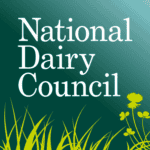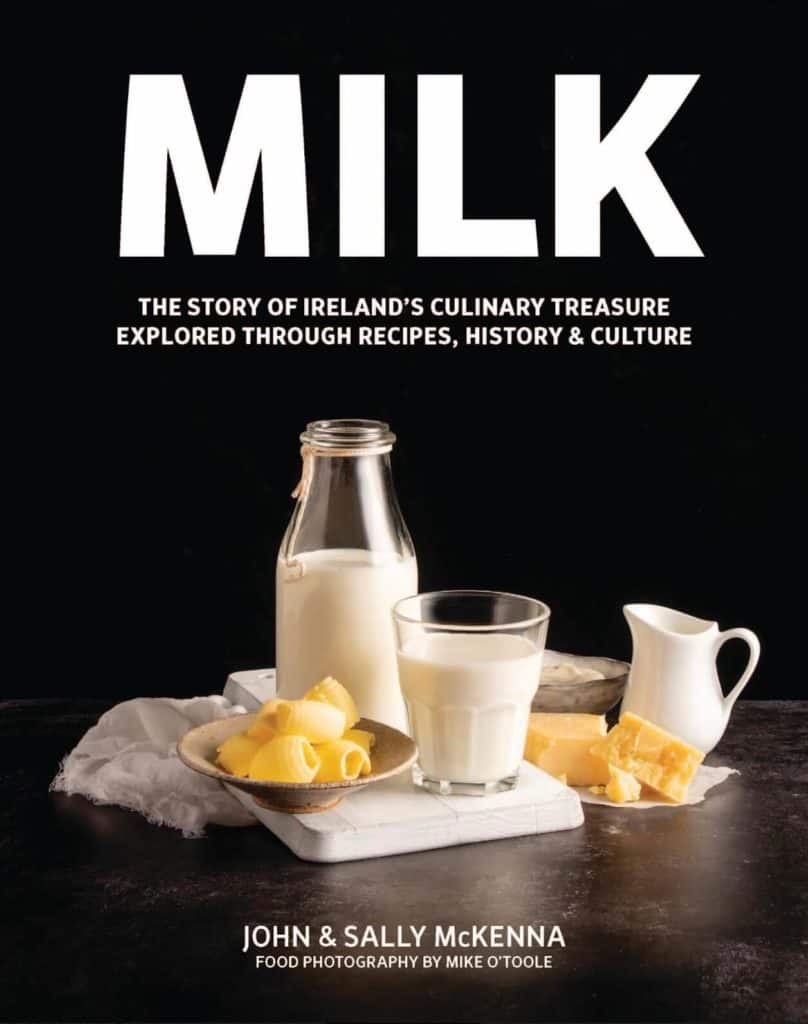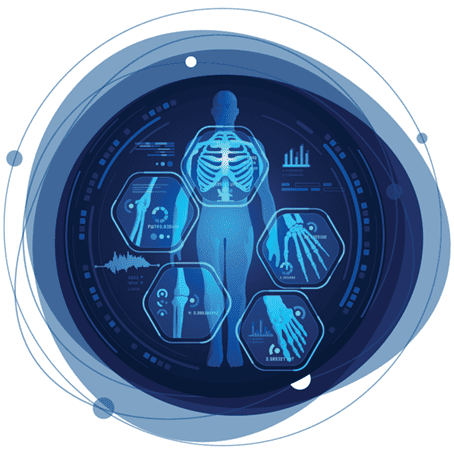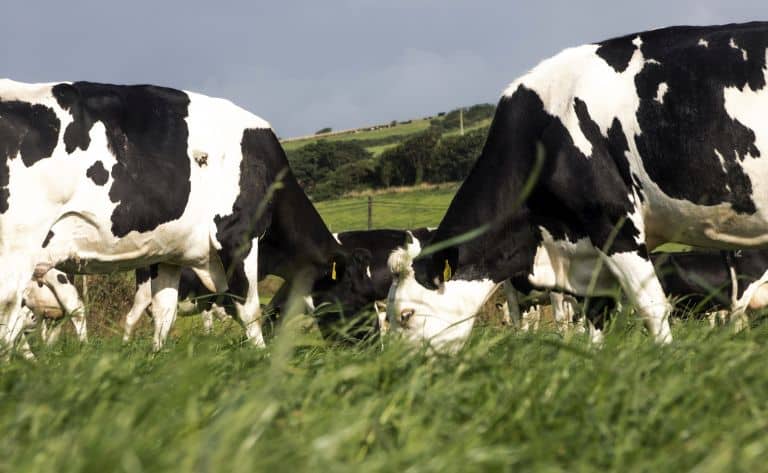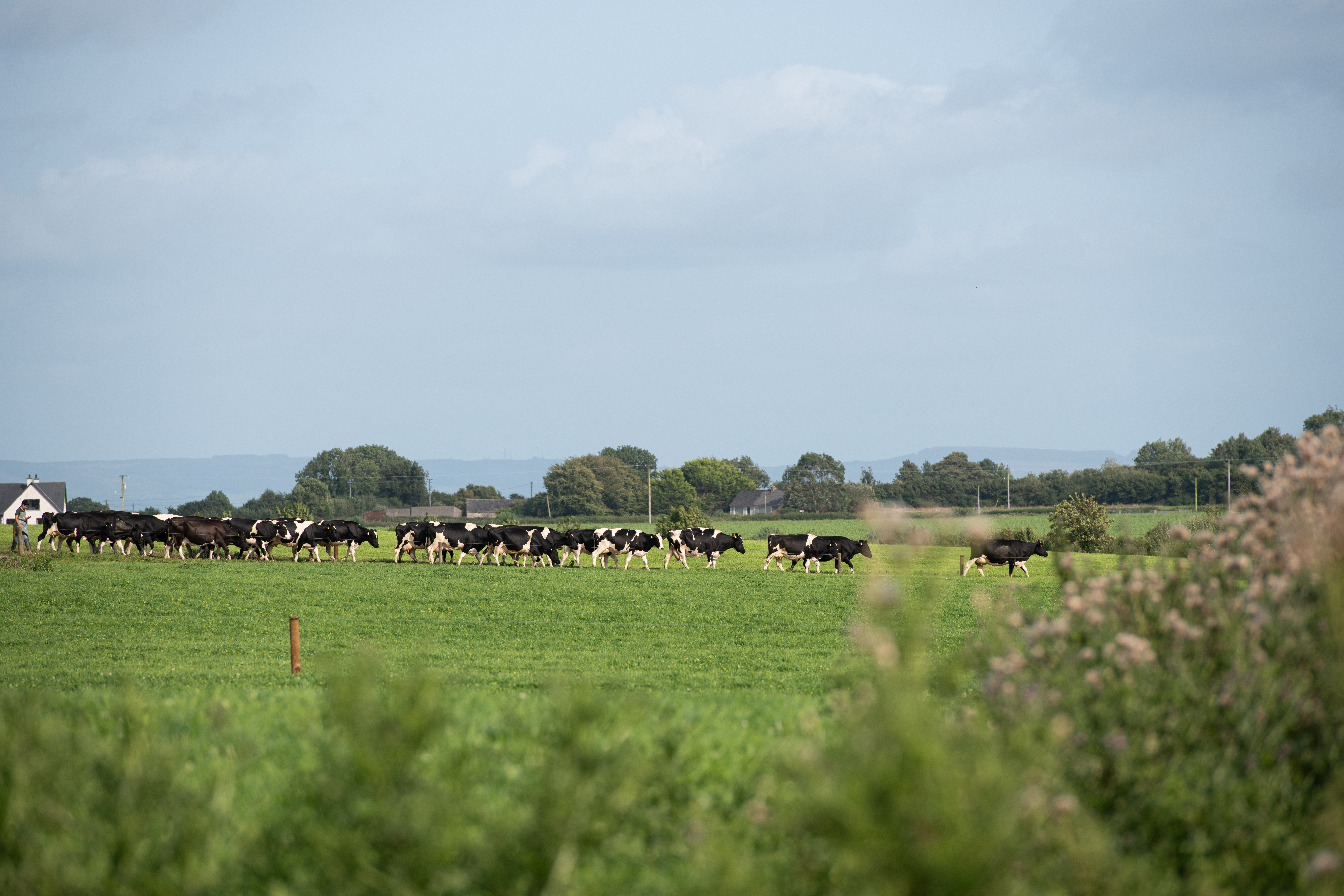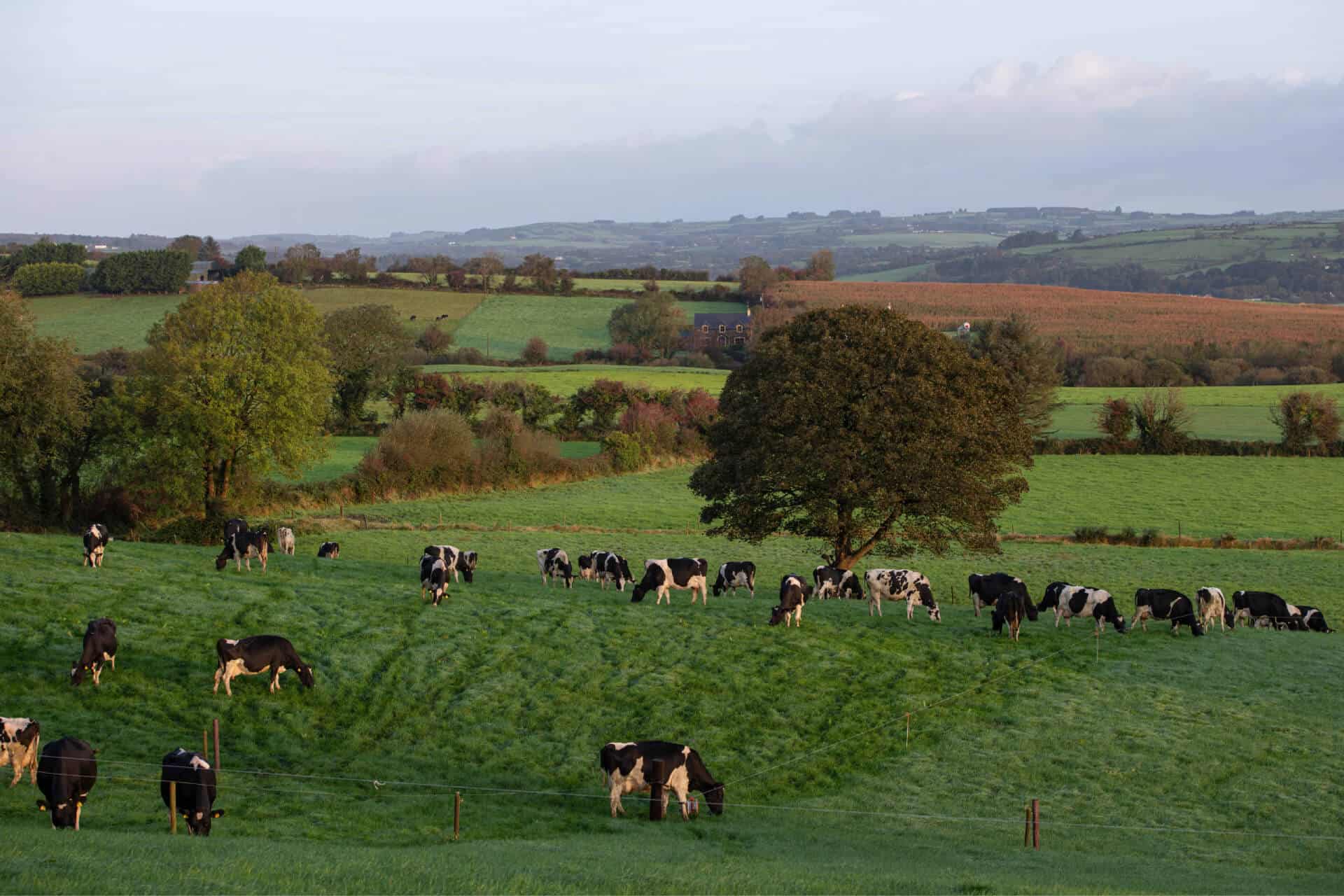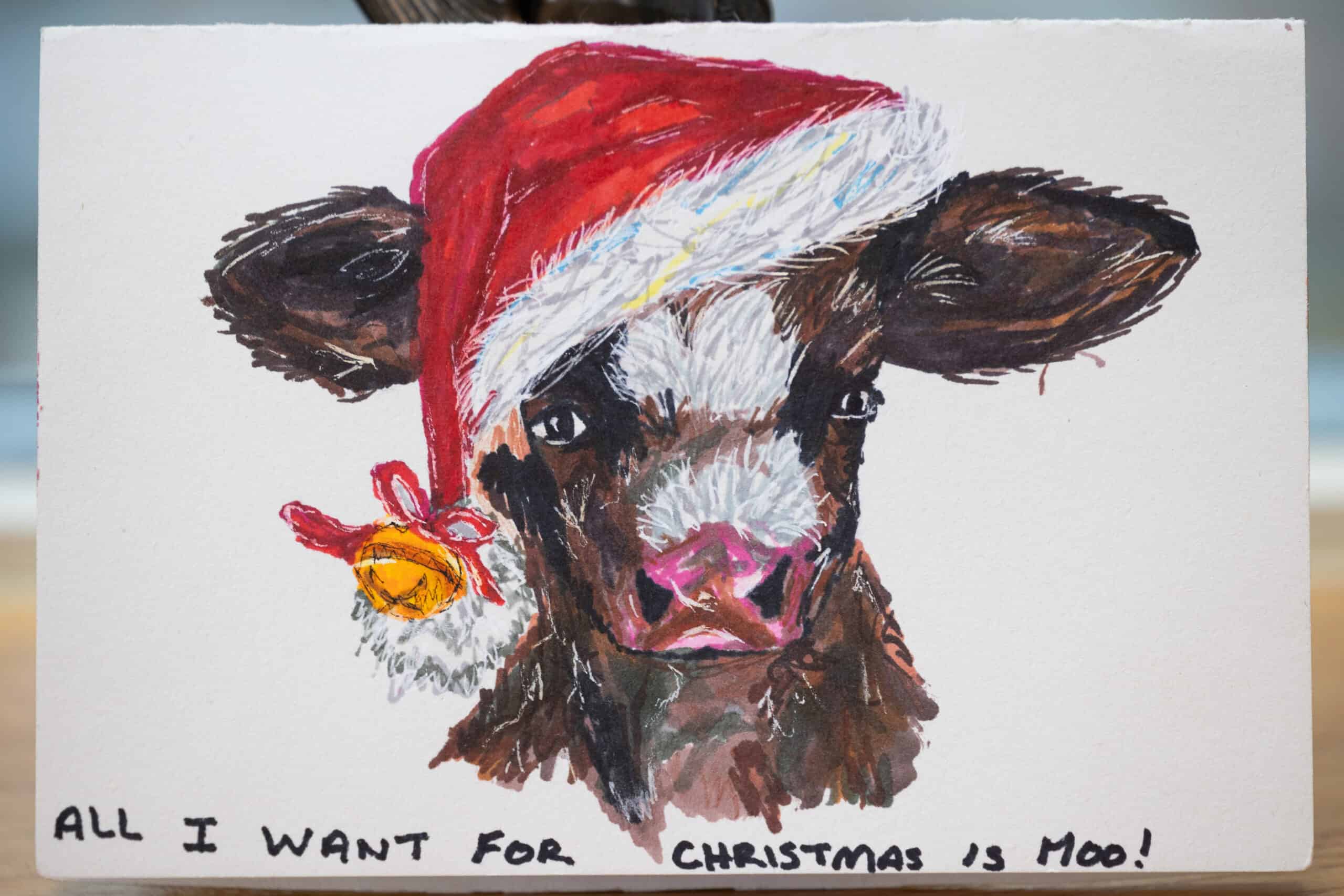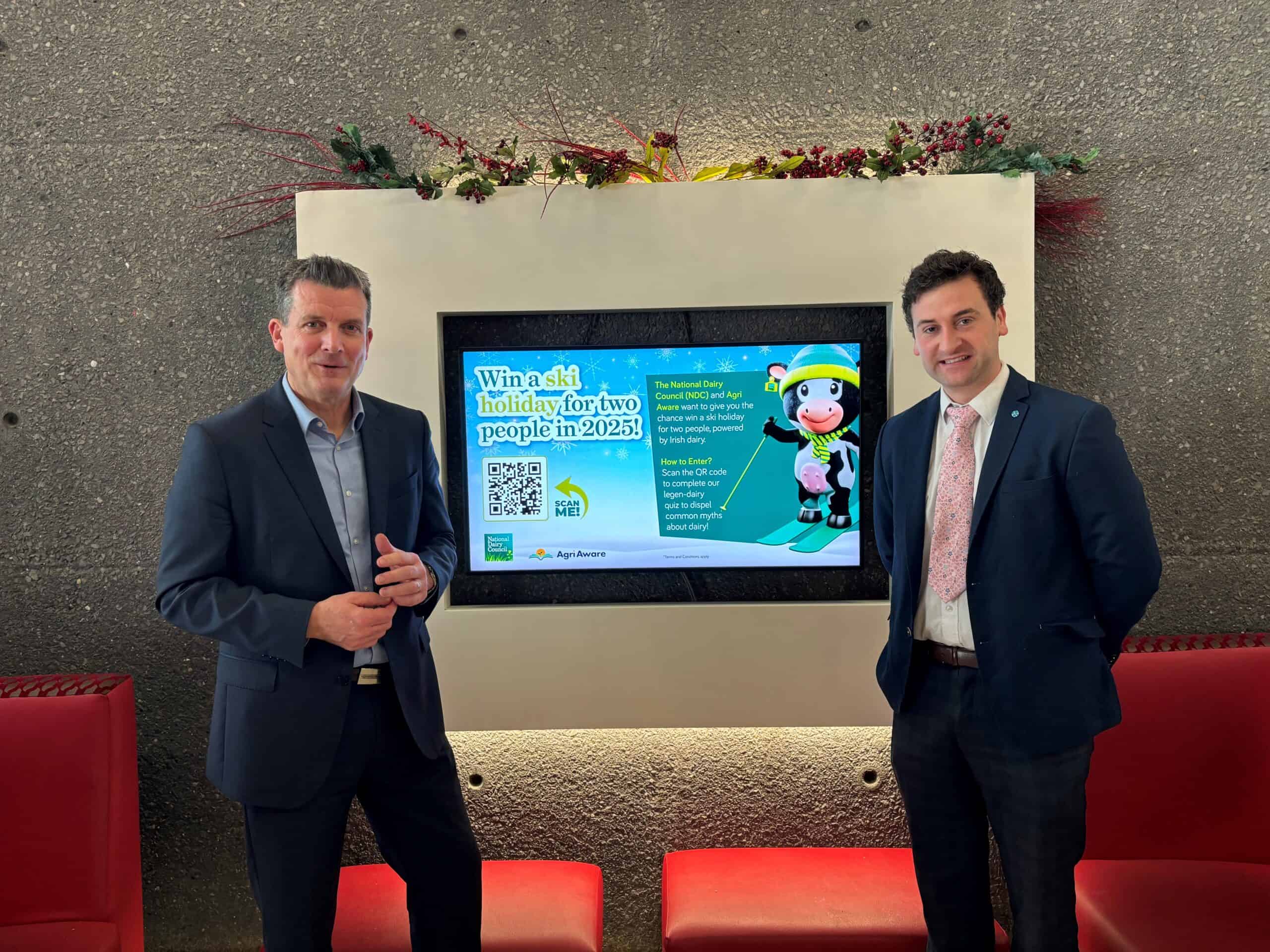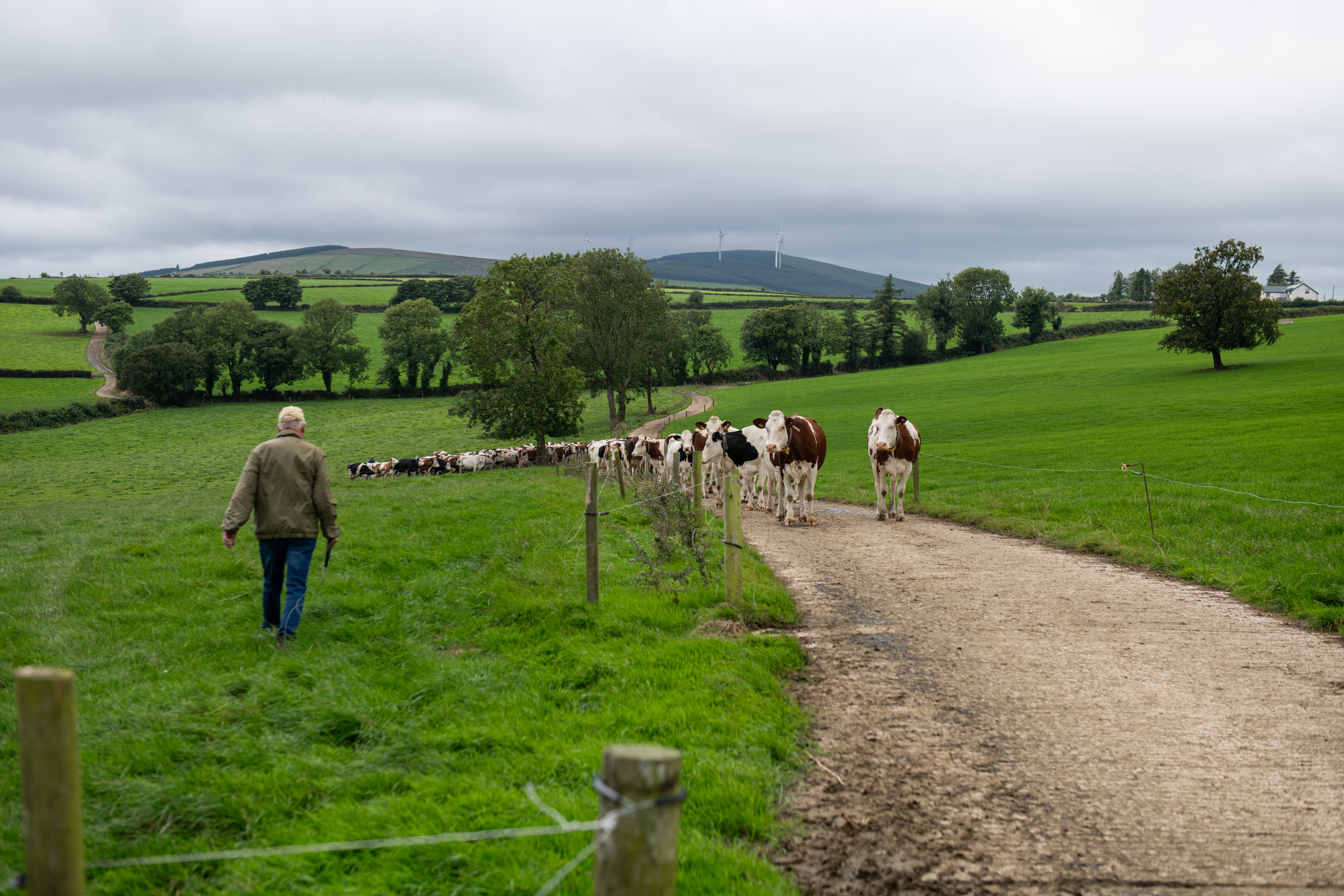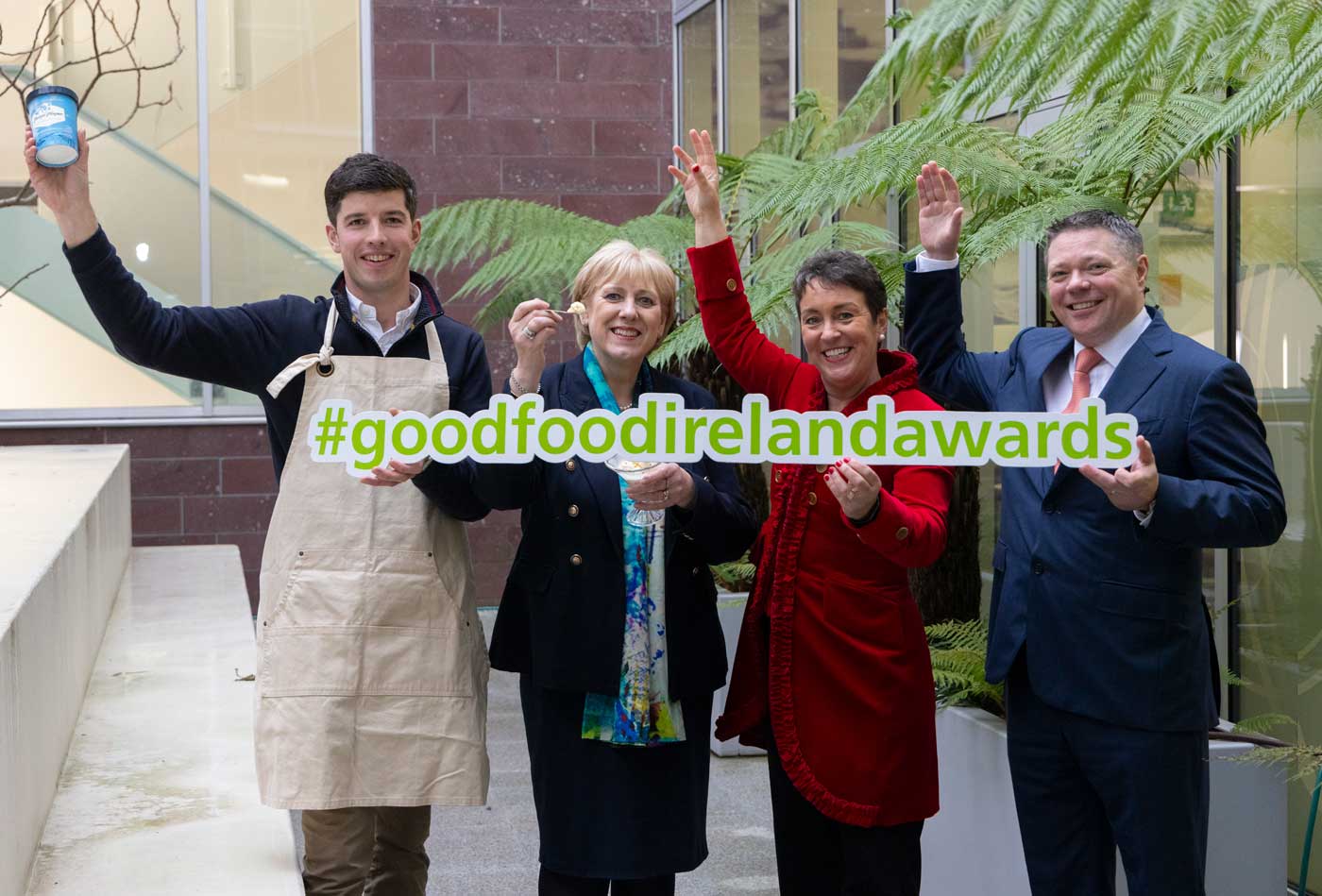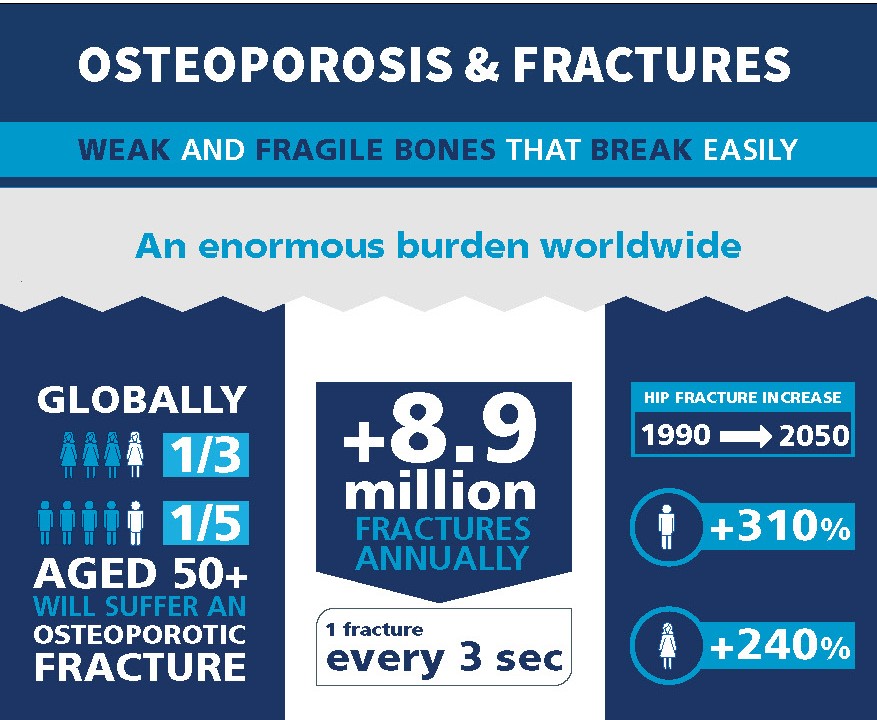16 August 2021: The National Dairy Council, the private farmer and EU-funded representative body for Irish dairy farmers, has called for clarity and visibility in the way sectoral emissions targets are set, ensuring that key undertakings in the Climate Action Bill – due to be signed into law this week – are acted on and given proper weight and consideration.
The NDC was pleased to note that the Bill, before going before the Seanad, was in line with the Programme for Government (taking into account the distinct characteristics of biogenic methane), Article 2 of the Paris Agreement of 2015 (managing the impacts of climate change without threatening food production) and acknowledged the risk of substantial and unreasonable carbon leakage as a consequence of measures implemented by the State.
Carbon Sequestration
The NDC also welcomes two further amendments that will see carbon sequestration by Ireland’s grass-based, family-farmed dairy sector offset against emissions when setting carbon budgets, although wishes to understand further how carbon sequestration will be measured and value calculated.
Failing to act on these considerations in the setting of sectoral emissions targets (carbon budgets), however, has the potential to threaten Ireland’s post-covid economic recovery – and its ability to manage the negative impacts of Brexit – by suppressing the country’s dairy industry, its 18,000 family farms and the 60,000 jobs that it sustains.
This, in turn, threatens farm incomes and livelihoods and could lead to increased global emissions through ‘carbon leakage’ – dairy production moving to less carbon efficient or non-regulatory-compliant regions.
Zoë Kavanagh, Chief Executive of the National Dairy Council, said that potential adverse impacts of the Climate Action Bill could be felt across Ireland and beyond, into the country’s export markets. In Ireland, where the dairy industry supports some 60,000 jobs, the effects on the economy and society would, therefore, be significant.
‘Significant effects on society and the economy’
“The Climate Action Bill, as it stands, should be extended a cautious welcome.
“In its treatment, for example, of biogenic methane – the GHG that forms the bulk of emissions from the dairy industry – we are pleased that the Climate Action Bill is aligned with the Programme for Government, which clearly states that CH4 (methane) should be differentiated from carbon emissions from burning fossil fuels.
“The latest amendments to the Bill are also encouraging, recognising, as they do, and for the first time, that our grass-based dairy farming ecosystem and the land management efforts made by our farmers, remove society’s carbon emissions from the atmosphere and have a beneficial effect on the country’s overall climate impact.
“Moreover, it is a cause for some optimism that Article 2 of the Paris Agreement 2015 is referenced, which specifies ‘adapting to the impacts of climate change…..in a manner that does not threaten food production’.
‘Sustainable food and sustainable dietary choices’
“Irish dairy meets this definition of sustainable food and sustainable dietary choices. It is nutritious, safe and healthy, culturally acceptable and affordable; it can be maintained in the long-term, and it is both economically and environmentally protective (WHO guidelines).
“We understand that every sector has its role to play, and our industry has already pledged to cut its emissions, and to continue to work to reduce its impacts.
“Ireland’s dairy industry is inextricably linked with Ireland’s economy and its society and the cost to our country – and, through the potential for carbon leakage, the world – will be heavy if we cannot begin to differentiate between emissions from cars and emissions from cows.”
For futher information contact:
Cathy Currran, Communications Manager, National Dairy Council
+353 1 290 2518 | pr@ndc.ie
